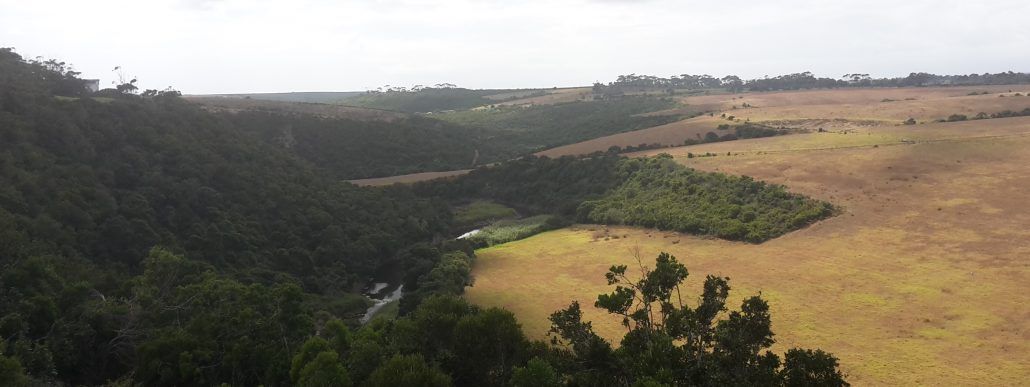The majority of land in South Africa is owned by farmers (80% according to WWF-SA). This makes farmers the true stewards of South Africa’s land. Biodiversity provides many services to society and farmers in particular. Natural areas provide essential ecosystem services, such as clean and regular water and pure air, protection against flooding, pollination, grazing, improved soil fertility, carbon sequestration and protection against erosion. These are all services that agriculture can benefit from. It is therefore not only a farmer’s social responsibility to steward the land, but it is also to their own benefit to do so.
Biodiversity also has social and cultural value (e.g. use of plants for traditional medicine), aesthetic value (e.g. the natural beauty of nature reserves), and option value (the possibility of future use and technologies arising from biodiversity), which goes beyond any ability to figure out the monetary value or services it can provide. This is why biodiversity conservation can be seen as a social responsibility of every person who owns land.
Another consideration is that the biggest causes of increasing agricultural greenhouse gas emissions in South Africa are from the loss of carbon from the soil and the loss of natural vegetation from wood harvesting and disturbance. Farmers can therefore play a role in ensuring the sequestration of carbon from the atmosphere by building organic matter in their soil and conserving biodiversity on their farms.
A healthy, ‘living’ farm supports agricultural production, whereas a ‘dead’ farm requires large amounts of external inputs to sustain production. A diversity of plants, animals, birds, insects and reptiles contributes to, and is an indicator of, a healthy farm. This is why biodiversity conservation is most definitely an important consideration for farmers.

